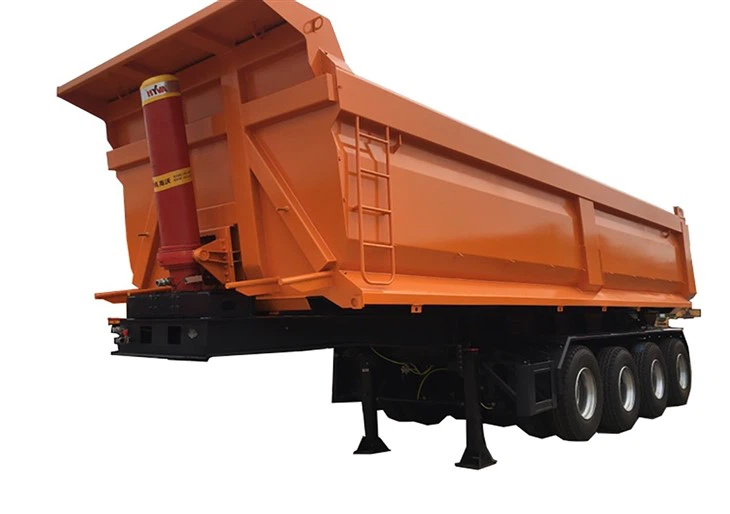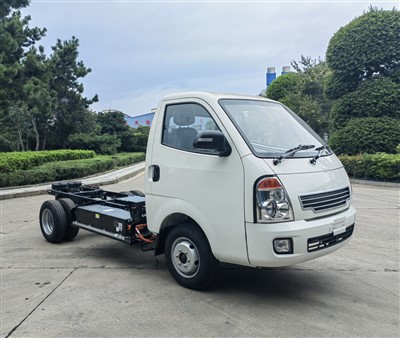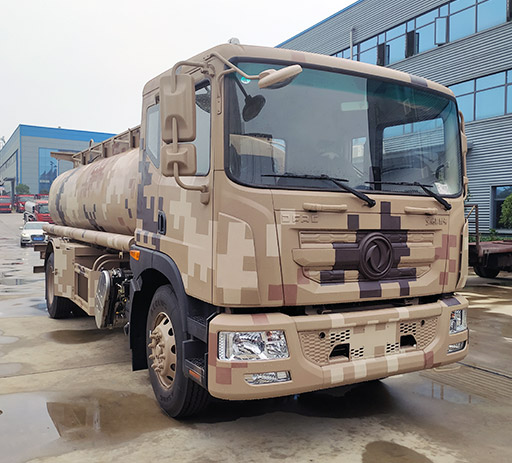Ultimate Guide to Hooklift Trucks for Sale

If you’re in the market for hooklift trucks, you’re likely aware of their versatility and efficiency in handling various loads and containers. Hooklift trucks are essential for many businesses, particularly in construction, waste management, and transportation industries. In this comprehensive guide, we will explore everything you need to know about hooklift trucks for sale, including their features, types, costs, and tips for purchasing the right one for your needs.
What is a Hooklift Truck?
A hooklift truck is a specialized vehicle that utilizes a hook mechanism to transport containers, bins, or other load types. The design allows the driver to easily load and unload structures of various weights and sizes without needing a separate crane or lift. This makes them an excellent choice for companies needing flexibility in cargo handling.
How Does a Hooklift System Work?
The hooklift system consists of a hydraulically operated arm that extends and retracts to lift and lower the container. The mechanism works by sliding a hook into the container’s openings and then pulling it onto the back of the truck. This streamlined process allows for simple and efficient transportation.
Types of Hooklift Trucks
Understanding the different types of hooklift trucks can help you choose the right model for your specific application. Here are some common types:

1. Light-Duty Hooklift Trucks
These trucks are designed for smaller loads and are ideal for urban settings. They typically have a lower weight rating, making them perfect for light hauling tasks such as landscaping debris or small containers.
2. Medium-Duty Hooklift Trucks

Medium-duty models balance power and capacity, making them suitable for various industries, including construction and waste management. They can handle larger containers and heavier loads.
3. Heavy-Duty Hooklift Trucks
Heavy-duty hooklift trucks are built to carry substantial loads and are equipped with powerful engines. They are ideal for construction sites and industries requiring frequent transportation of bulky materials.
4. Custom Hooklift Configurations
Many manufacturers offer customizable hooklift systems that can accommodate specific container sizes and types, making them versatile for specialized applications.
Key Features of Hooklift Trucks
When purchasing a hooklift truck, consider the following essential features to ensure you select the right model for your business:
1. Load Capacity
The load capacity indicates the maximum weight the truck can safely transport. Ensure you choose a model that meets your needs to avoid damage or accidents.
2. Hooklift Size
Hook sizes and configurations vary, so select a truck with a compatible hooklift system for your intended containers.
3. Engine Power
Powerful engines are crucial for heavy-duty operations. Look for trucks with adequate horsepower and torque ratings for efficient performance.
4. Towing Capacity
If you plan to tow additional vehicles or equipment, consider the truck’s towing capacity as well.
5. Control Systems
Modern hooklift trucks come with advanced control systems that improve maneuverability and operation efficiency. Features such as joystick controls can enhance ease of use.
6. Durability
Given the demanding conditions that hooklift trucks often operate in, robust materials and construction are vital for longevity and performance.
Costs of Hooklift Trucks
The cost of hooklift trucks can vary widely based on various factors such as type, brand, and features. Below is a general guideline of costs:
| Type | Price Range |
|---|---|
| Light-Duty Hooklift | $30,000 – $50,000 |
| Medium-Duty Hooklift | $50,000 – $80,000 |
| Heavy-Duty Hooklift | $80,000 – $150,000+ |
Additional costs can include maintenance, insurance, and permits. Always budget for these factors to avoid any unexpected expenses.
Where to Buy Hooklift Trucks
Finding hooklift trucks for sale involves various options. Here is a breakdown of where you can shop for these vehicles:
1. Dealerships
Authorized dealerships often sell new and used hooklift trucks. They provide warranties and can offer financing options.
2. Online Marketplaces
Websites such as eBay, Machinery Trader, and Craigslist can be good resources to find both new and used trucks. However, ensure to verify the seller’s credibility.
3. Auctions
Attending machinery auctions can yield significant savings. You may find quality used hooklift trucks priced lower than typical retail values.
4. Manufacturer Websites
Many manufacturers list their products online, including new models and demo units. Following their publications can alert you of sales and promotions.
Practical Tips for Purchasing Hooklift Trucks
To make the best purchase decision, consider the following tips:
1. Assess Your Needs
Match the truck specifications to the loads you plan to haul. Knowing your requirements will help you avoid over- or under-purchasing.
2. Compare Different Models
Make comparisons across various brands and models, checking reviews and performance data. This will help you gauge value for money.
3. Inspect Used Trucks Thoroughly
If buying used, conduct a thorough inspection or hire a professional inspector to evaluate the truck’s condition, including the engine, hydraulics, and body.
4. Test Drive
Always take the vehicle for a test drive. Assess its handling, comfort, and available features during the drive.
5. Negotiate Price
Don’t hesitate to negotiate the purchase price. Use your research to back your offers, especially if you find similar models at lower prices.
Maintenance Tips for Hooklift Trucks
1. Regular Inspections
Conduct frequent inspections of key components, including the hydraulic system, engine, and body. Early detection of issues can prevent costly repairs.
2. Change Fluids
Routine oil and fluid changes are essential to keep the engine and hydraulic system running smoothly. Follow the manufacturer’s guidelines for specific recommendations.
3. Clean the Truck

Keeps the truck clean to prevent rust and deterioration. Regular washing can also help maintain its resale value.
4. Tire Maintenance
Inspect and maintain the tires regularly, checking for wear and proper inflation. Good tires enhance safety and fuel efficiency.
5. Follow the Manufacturer’s Maintenance Schedule
Adhere to the maintenance schedule provided in your owner’s manual. This schedule ensures that the vehicle remains in good working order.
Frequently Asked Questions (FAQs)
1. What is the average lifespan of a hooklift truck?
The average lifespan of a well-maintained hooklift truck is typically around 10 to 15 years, depending on usage and maintenance practices.
2. Can a hooklift truck be used for standard towing?
Yes, many hooklift trucks are equipped with towing capabilities in addition to hauling containers, making them versatile vehicles.
3. What is the difference between a hooklift truck and a roll-off truck?
A hooklift truck uses a hook mechanism to load containers from the ground, while a roll-off truck uses a rolling mechanism to load and unload containers from the tilt of the truck bed.
4. Are hooklift trucks suitable for all terrains?
While some hooklift trucks are designed for off-road conditions, others may be better suited for urban environments. It is essential to choose a model based on the terrain you will be operating in.
5. How can I maximize the use of my hooklift truck?
Maximizing the use of a hooklift truck involves ensuring you utilize it for a range of tasks, including hauling different container sizes, and maintaining proper maintenance schedules to prevent downtime.
6. Are there financing options available for purchasing a hooklift truck?
Yes, many dealerships and banks offer financing options for purchasing hooklift trucks. It’s advisable to compare interest rates and terms before making a decision.
